OceanGate Developing Manned Submersible With University of Washington
OceanGate Inc., (OGI) a global provider of deepsea manned submersible solutions, has announced a collaboration with the University of Washington’s Applied Physics Lab (APL-UW) on Project Cyclops, a new 3,000-meter manned submersible which will usher in a new era of increased access to the deep ocean for commercial exploration and research ventures.
Scheduled to debut in 2015, Cyclops will allow up to five engineers, scientists or explorers to travel up to 3,000 meters below the surface for a myriad of tasks and operations, ranging from scientific study to oil and gas exploration and supervision. Featuring a large 180 deg viewing dome for collective observation, state of the art building materials and a lightweight design, Cyclops is designed to be the most advanced and mobile deep-sea manned submersible in the world.
Project Cyclops was born out of OGI’s appreciation that the oceans contain expansive resources, from oil and gas reserves to potential cures for cancer, and there is an unanswered demand for a sub-sea vessel with the accessibility, practicality and ability for frequent use to take advantage of these reserves. This unique vision led to the conclusion that a new kind of manned submersible was needed to take a giant step toward harnessing these sub-sea opportunities.
APL-UW will be working with OGI to spearhead the development of revolutionary deep dive equipment to be used on the new submersible. Under the $5 million contract, the university will supply a variety of forward-thinking design, engineering and prototyping services to OGI for the next two years.
In addition to Project Cyclops, OGI’s existing manned submersibles are currently under contract by APL-UW for sonar technology testing of advanced autonomous vehicle systems. The manned submersible component will expedite operations by allowing realtime testing of hardware and software and modification of test profiles, helping APL-UW’s researchers reduce operational costs, increase research and development test capabilities, and response times. Testing is scheduled to begin in the fourth quarter of 2013.
www.opentheoceans.com

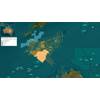
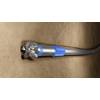


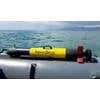
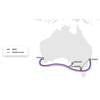







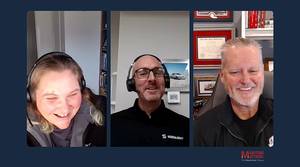
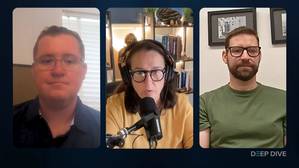
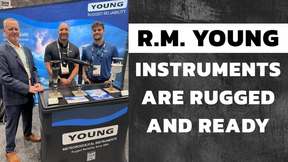
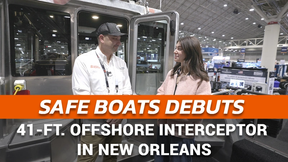
 December 2025
December 2025



